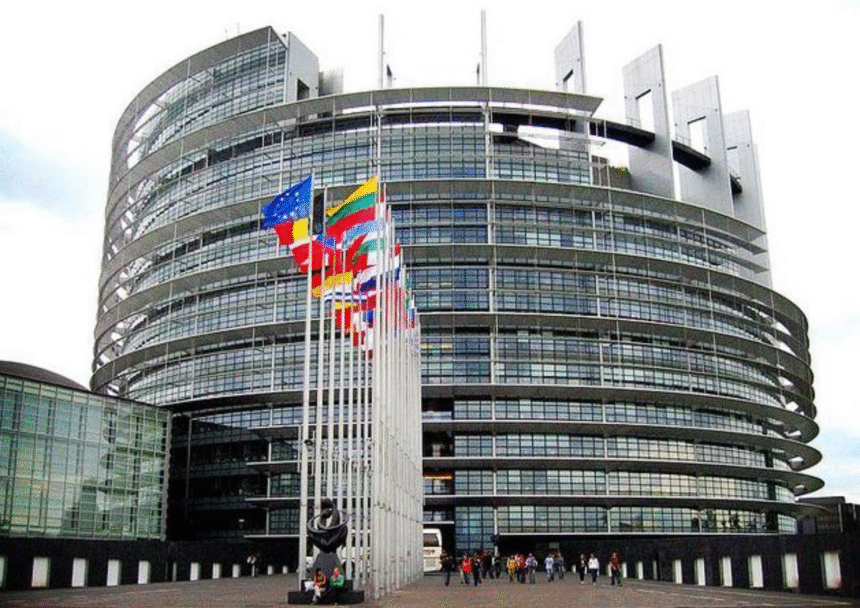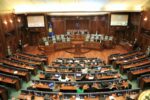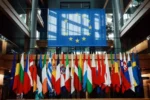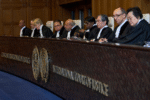The presentation of the latest report from the European Parliament (EP) has highlighted the clear differences in the European Union’s (EU) approach to Serbia and Kosovo in the EU integration process, writes Rks News.
In the report on Serbia, the EU has taken a very critical tone, even mentioning the possibility of halting the integration process.
The EP rapporteur for Serbia, Tonino Picula, strongly criticized the Serbian government’s response to recent protests and blockades, as well as its foreign policy decisions, including the recent visit of President Aleksandar Vučić to Moscow.
In response to the criticisms, Vučić stated, “If the EU wants to punish me, let them punish me, not the whole country,” but analysts argue that this is not convincing. Dragoslav Rasheta from the organization “The New Third Road” states that the EP report uses the harshest language so far and suggests that Serbia’s EU integration process is perceived as blocked.
According to Rasheta, the report calls for root-and-branch reforms in many areas; otherwise, Serbia will not achieve its goals for 2026.
He also emphasizes that the EP recommends that the European Commission reconsider its financial aid to Serbia if it continues to pursue policies that go against the values and principles of the EU.
“Vučić’s rhetoric is indicative of autocratic tendencies, which the report itself warns about,” Rasheta said, adding that the visit to Moscow aims to mobilize the nationalist and pro-Russian electorate in Serbia, to the detriment of the country’s European perspective.
On the other hand, the report on Kosovo was noticeably softer and more focused on its progress toward EU integration.
The EP reiterated the need to restart the Kosovo-Serbia dialogue and implement the signed agreements, but also highlighted Kosovo’s advancements in this process.
Milija Bishevac, the leader of the Serbian People’s Movement, described the report on Kosovo as not entirely representative of the reality on the ground.
According to her, although the EU insists on dialogue, the lack of a clear strategy and its focus on the crisis in Ukraine has caused the process to stall.
Bishevac added that the Serbian List has no real role in Kosovo’s institutions, and the lack of proper representation of Serbs is a serious problem.
“It’s a shame for society that Serbs, who could be a constructive factor in Kosovo’s policymaking, remain marginalized,” she declared.







